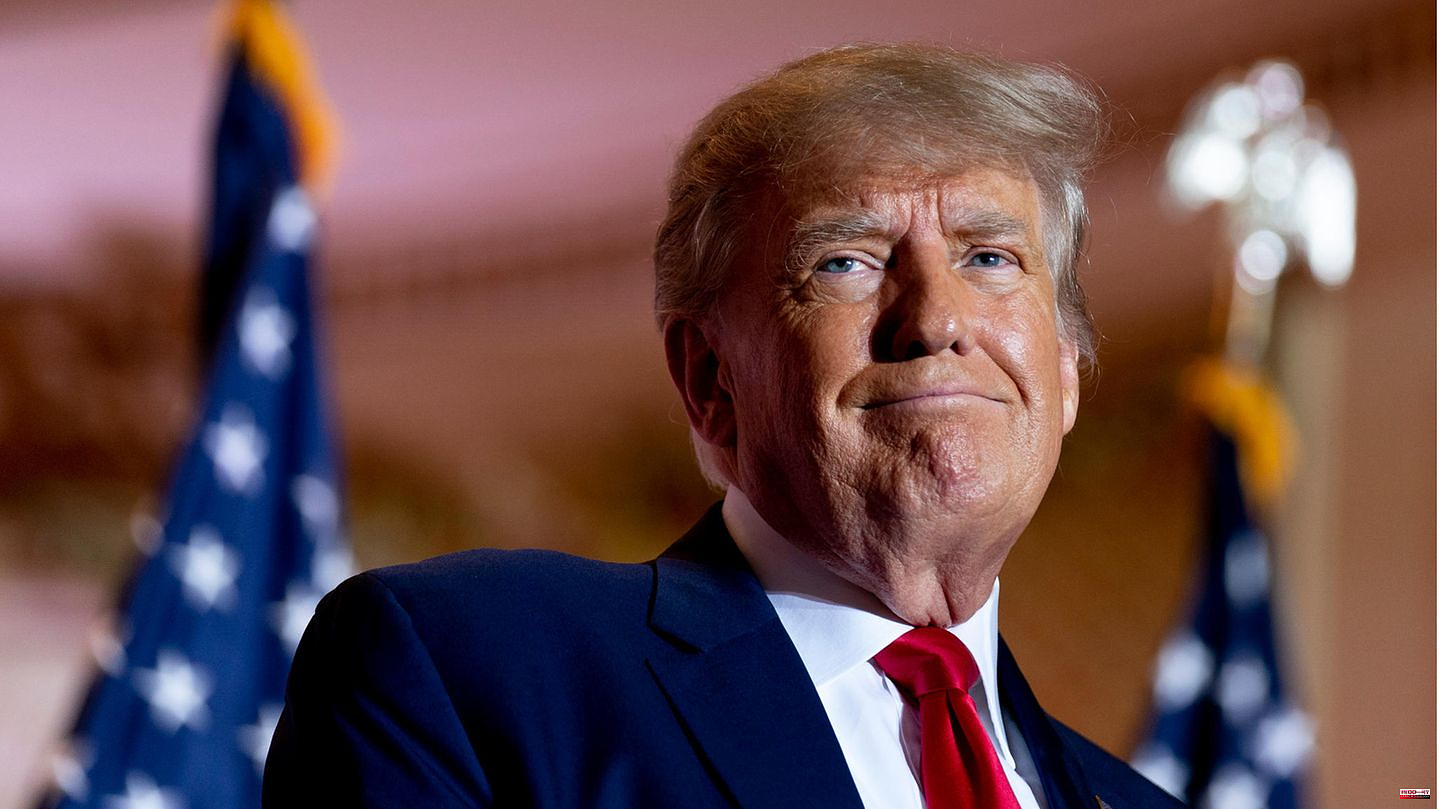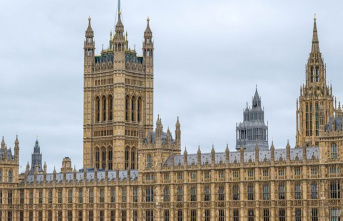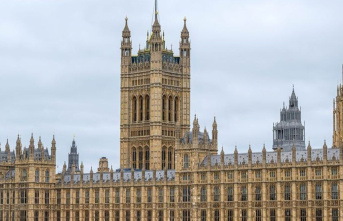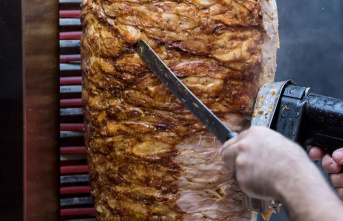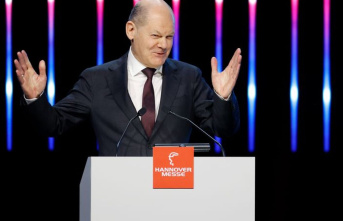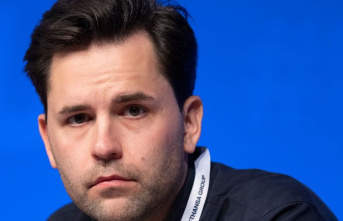Donald Trump could make everything even less understandable. Politically anyway, that's to be expected after his presidency, which was characterized by malice, hatred and hate speech. His re-election would reverse the impression that this episode could have been just an aberration of history.
Of course, his second term would also mess things up organizationally. Should Trump actually move into the White House again, the question arises: how many Presidents of the United States would he actually be?
Because if you take it very seriously, you could argue: Trump wasn't the 45th President of the United States at all - just the 44th person to hold the office.
The reason for this has a name: Grover Cleveland. He is the only US President in history who has achieved what Trump is now striving for. Cleveland was elected President, lost re-election, then ran again and won—making him both the 22nd President (1885-1889) and 24th President (1893-1897) of the United States.
And so, apart from the political consequences, the consequence of a second Trump term in office would also be another turning point in the counting method: Trump would then be the 47th President of the United States, according to the official numbering of the White House, but that's it only the 45th incumbent.
It's not the only bon mot blowing through American newspapers these days when it comes to Trump's ambitions. After all, he may be entering historical territory with his candidacy, which he finally made official on Tuesday after long and wordy hesitation.
Should the Republicans choose him as their presidential candidate for a third time, Trump would join Franklin D. Roosevelt or Richard Nixon, who could boast of a candidacy hat-trick. Likewise Cleveland, who was the only one from the presidential ranks who was able to move back into the White House after moving out.
Otherwise, Trump, a Republican, and Cleveland, a Democrat, were quite different personalities. Three examples compiled by the US broadcaster CNN:
But despite all the differences, Trump and Cleveland also have some things in common, as the "New York Times" also notes, with some amazing parallels in their presidency.
For example, the 1888 election (which Cleveland lost) resulted in a rare discrepancy between the electoral college—the electoral body that chooses the president—and the popular vote—that is, the total votes. At that time, too, the divergence was an expression of the fact that a political rift ran through the country.
At the time, Cleveland received more of the total votes, but his opponent Harrison was able to unite a majority in the electoral body - and that is ultimately decisive. It was similar, but different, with Trump: He received significantly fewer popular votes in both presidential elections - first against Hilary Clinton (2016), then against Joe Biden (2020) - but was elected president by the Electoral College in 2016.
"During the three presidential elections in which Cleveland ran, the country was deeply divided," historian Michael Beschloss told the New York Times. "If you look at these three elections as a phenomenon where the country was divided roughly half-and-half, you may see the same phenomenon with Trump."
Additionally, in the four years between his two terms in office, Cleveland "acted like a Trump of his time campaign-wise," Alexis Coe, a historian specializing in US presidents, told the paper.
He gave nearly a dozen speeches a year, bucking the tradition of letting his party go on even though he lost. Although Cleveland has not focused on slandering his successor in office in his many appearances (while Trump is practicing constant excitement). Especially since Cleveland, as political scientist Martha Joint Kumar from Towson University points out, has "accepted his defeat," unlike Trump.
No further questions, except why did Cleveland run for a third time? Joshua Zeitz, author and journalist at "Politico", sums it up like this: "He did it out of boredom."
During his (temporary) retirement, Cleveland and his wife moved to New York City, where he passionately played the card game cribbage with friends, visited theaters and restaurants - restaurants in particular, Zeitz notes, Cleveland weighed around 136 kilograms. It was also during the political cooldown that Cleveland became a father for the first time and, he is said to have told a confidant, also felt like he had "arrived in the real world" for the first time.
But like many former politicians who gave up the spotlight in exchange for family time, he appears to have found private life not fully fulfilling. At some point, Cleveland, who was always following what was happening in Washington, saw an opportunity to remove the increasingly unpopular President Harrison from office. The Rest is History.
Another similarity with Trump? More likely, his third candidacy is motivated less by boredom than by sheer desire for revenge—on President Biden, who allegedly stole the election from him, and on Republicans, who blame his poor midterm election results .
Trump is at least a defiant - but no Grover Cleveland.
Quellen: "New York Times", CNN, "Politico", Miller Center, The American Presidency Project

